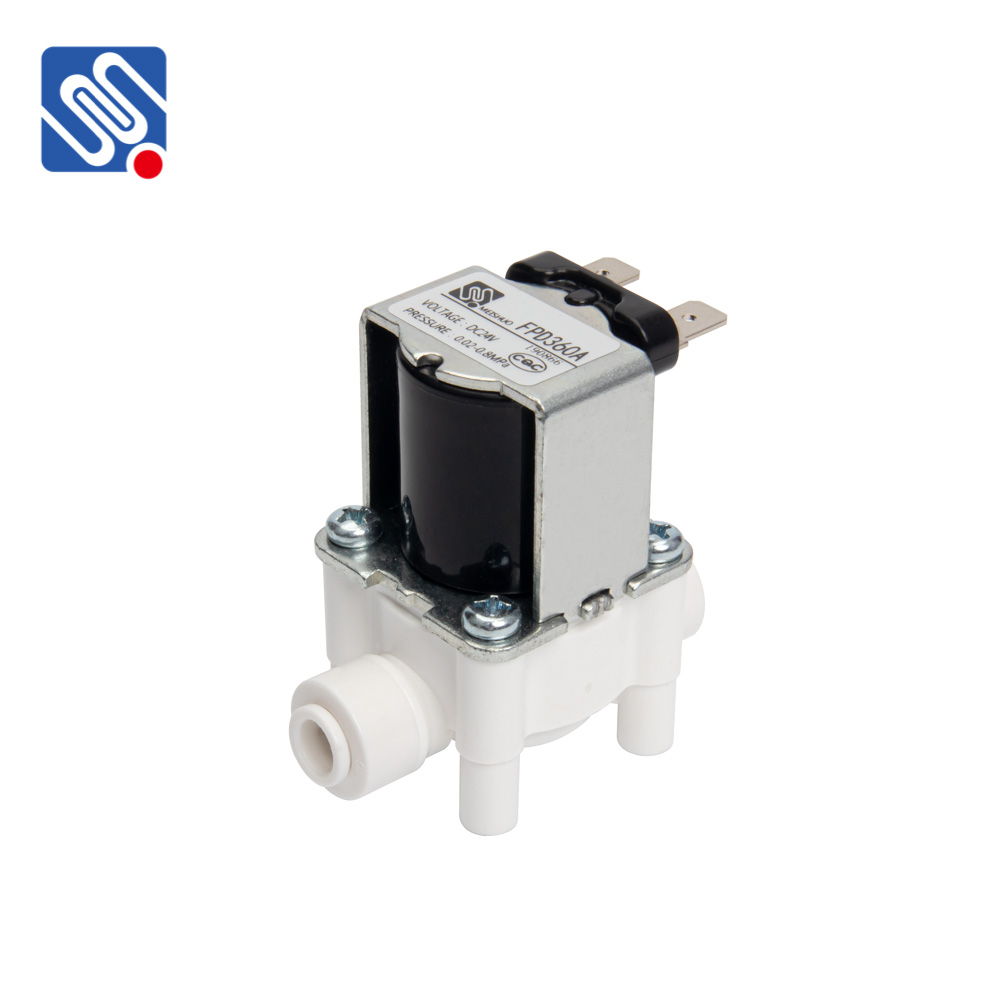PP Solenoid Valves are crucial components in various industrial applications, offering unique advantages due to their material properties and functionality. Made from polypropylene (PP), a thermoplastic polymer known for its excellent chemical resistance, these valves are widely used in fluid and gas control systems where corrosion resistance and durability are essential. This article explores the benefits, working principle, and key applications of PP Solenoid Valves, shedding light on why they are a preferred choice in many industries.

What is a PP Solenoid Valve? A PP Solenoid Valve is an electrically operated valve that uses a solenoid coil to control the opening and closing of a valve. The key feature of these valves is the material they are made from — polypropylene (PP), which is a durable, lightweight thermoplastic with outstanding resistance to chemicals, heat, and pressure. This makes PP Solenoid Valves particularly useful in harsh environments where other materials may degrade or fail. Key Benefits of PP Solenoid Valves Chemical Resistance: One of the primary reasons PP Solenoid Valves are so widely used is their exceptional chemical resistance. Polypropylene is highly resistant to a wide range of acids, alkalis, and solvents, making these valves suitable for industries like chemical processing, water treatment, and pharmaceuticals. In environments where traditional metal valves might corrode or deteriorate, PP Solenoid Valves offer a reliable solution.